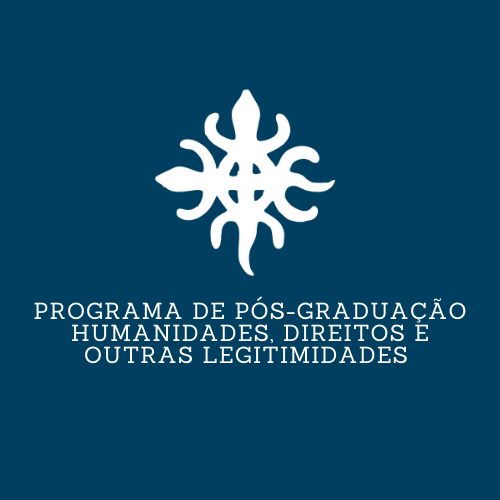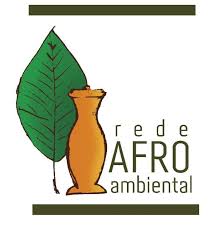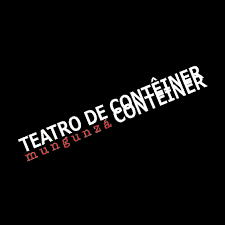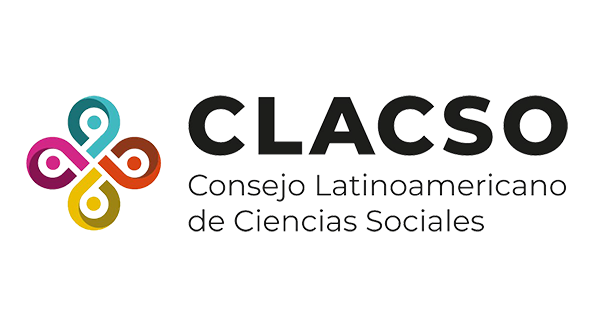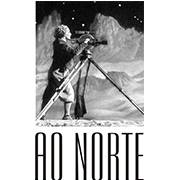Para se compreender o fenômeno das migrações internacionais é preciso considerá-lo como um movimento contínuo de deslocamentos populacionais centrados nas necessidades, nas curiosidades sobre o que está atrás do horizonte, nas trocas e nas guerras. Num tempo em que os espaços se encurtam, em que o saber local é constantemente retroalimentado pelo conhecimento global, o transito humano vem ganhando um dinamismo singular. As migrações constituíram as cidades que são hoje gestoras do processo, real ou imaginário, da globalização.
Para acessar o texto clique aqui
This paper is the investigation about the international migration phenomenon it is necessary to consider it a continuous movement of people dislocations based on needs, the curiosity about what lies beyond the horizon, and on exchanges and wars. At a time when spaces are shrinking, when local knowledge is permanently fed by global knowledge, the flow of people has been gaining a particular dynamism. Migrations have created the cities that nowadays manage the – real or imaginary fo the globalization process. Oral history, in this way, acquired an epistemological potential, a radical contribution, upon the recognition of the fact that the sources, their veracity or their absence is not what counts. First of all, one needs to criticize the instrumental reason that has prevailed in the social sciences and the scientific justification of knowledge and social comprehension. Rivera states that it is not the method that ensures adequate or reliable knowledge, but what the scientist chooses to pick or discard for investigation. Oral history permitted native and mestizo intellectuals to work together in the recovery of social phenomena where ‘the others’ spoke. Invisible and excluded people started to orally record their ways of making their historical narratives before the evolutionist and scientificist logic of colonialism of knowledge.
Para acessar o texto clique aqui


